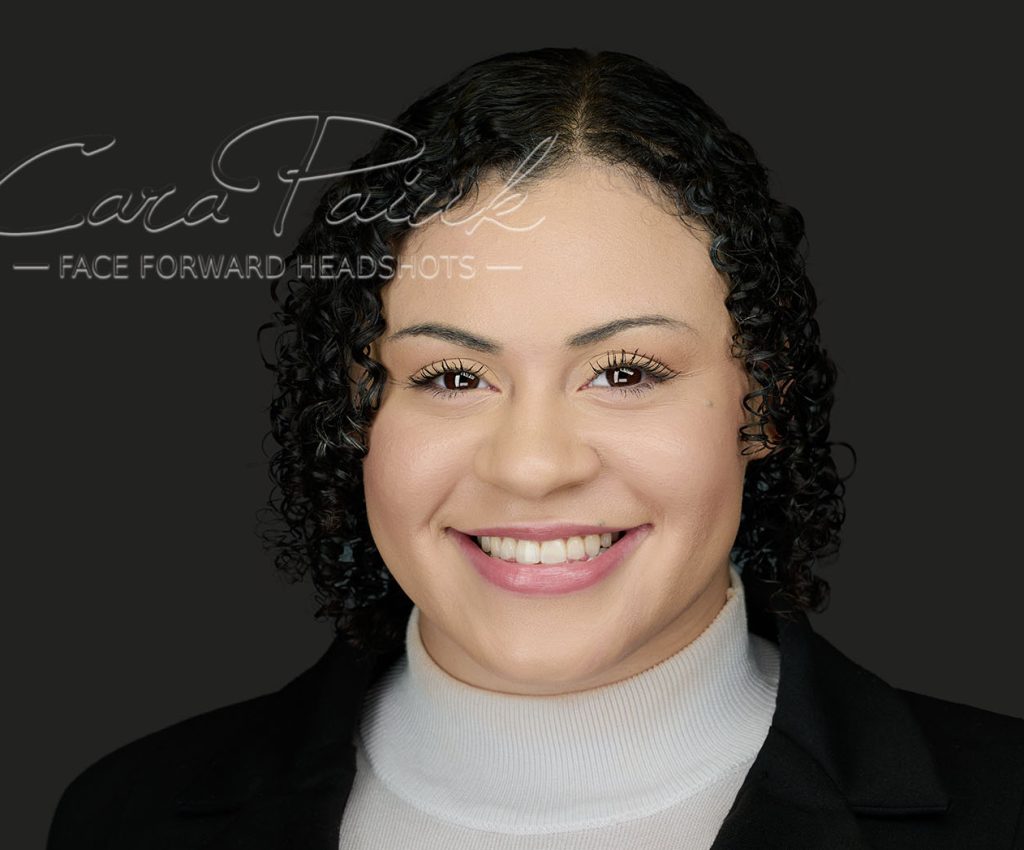Hannah Karcinell (She/Her)

Hannah Karcinell (She/Her)
Hannah Karcinell has both witnessed and personally experienced the systemic effects of racism, antisemitism and inequity in schools, healthcare and the environment.
Although born in Florida and lived there for most of her life, she spent part of her childhood in a rural, predominantly white town near Three Mile Island in Pennsylvania. There, she saw firsthand how much of the community was negatively affected by the long-term health issues or pollution the explosion caused. Even at a young age, Hannah also became acutely aware of connections between healthcare and environmental policy, and the ways that failures in these systems disproportionately and continually harm communities of color. During this time, her mother–a single mom–was also diagnosed with Cushing’s disease, which drew her attention to similar failures within disability policy.
As a Black and Jewish woman, she experienced racist, antisemitic and misogynoir bullying and harassment throughout her formative education. In Pennsylvania, it came from classmates, teachers and others in the community. In Florida, it led to gun violence when, during her senior year of high school in Parkland, she witnessed the shooting committed by a white supremacist who killed 13 of her classmates, 3 teachers and 1 of her friends. For Hannah and far too many others like her, school has always represented the dichotomy of a strong desire to learn and a place of terrible and ongoing trauma.
Though she had always been passionate about socio-political issues, the tragedy, the subsequent March for Our Lives movement and her work with Change the Ref inspired her to get involved in organizing and public policy. She went on to earn a bachelor’s degree in political science and a master’s in public policy from the University of Massachusetts-Amherst.
Now, she combines her lived experience, passions, love of academia, knowledge of history and a variety of practical skills to create public policy that promotes equity, justice and safety for historically excluded and marginalized people and communities.